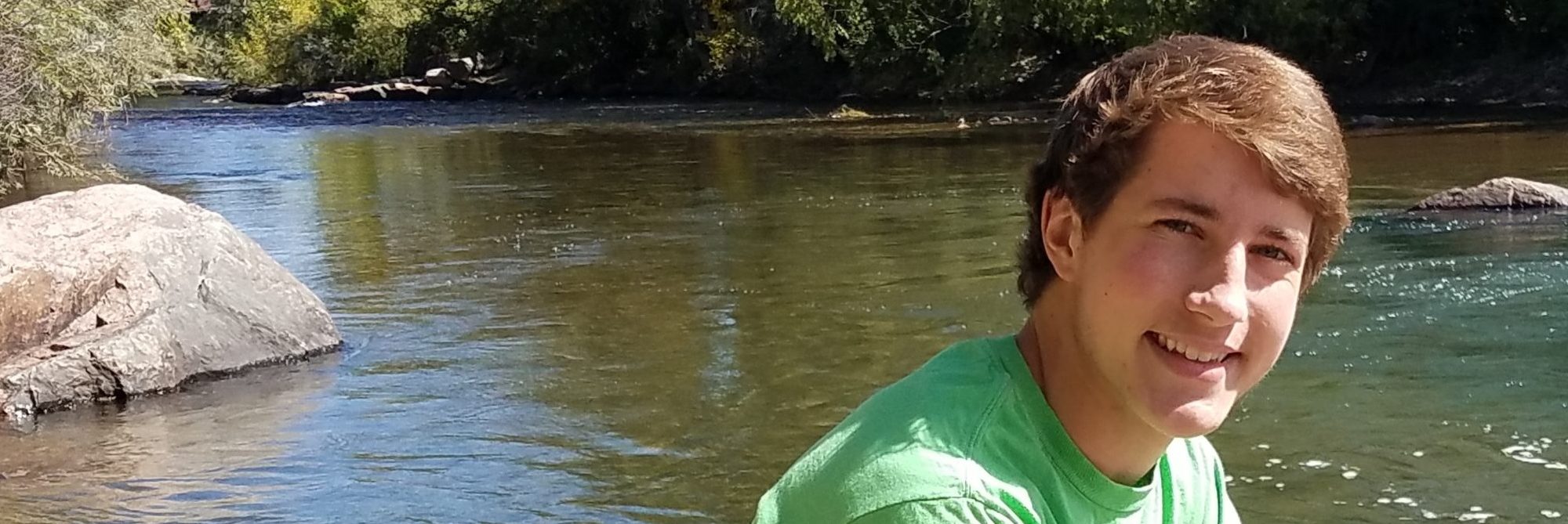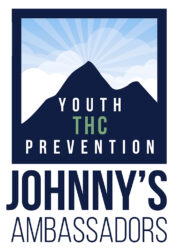My son, 22, was in some ways the last person you’d expect to get cannabis use disorder. He’d participated in drug and alcohol prevention programs throughout high school, and based on what he’d learned, planned to wait for substance use (even alcohol) until he was 25, if ever. In two cases, he made the difficult decision to report to his teachers drug use by peers, use so extreme that he felt it placed them and others at serious risk (such as LSD use and dealing by a 14-year-old), which cost him a whole group of friends he’d had since early childhood for being a “snitch.”
In college, he was majoring in both psychology and biology, and knew the research on substance use disorder! Yet despite all this, at age 21 and in the fall of his junior year, isolated and depressed in his dorm during the pandemic, and encouraged by all the “positive” publicity around the “benefits” of this “perfectly legal and natural” product by a neighbor, he began using himself. His descent was gut-punchingly rapid – within a year, he was smoking or vaping daily, using high-THC products bought online, and essentially stealing work-study funds from his part-time college job to buy even more cannabis products. He began showing signs of mania during the spring semester of his senior year; and less than a month before graduation and only 16 months after his first puff on a joint, became seriously psychotic. At one point, he left campus at 3AM and began driving to Canada to escape the coffee companies that he’d become convinced were responsible for everything from Covid to climate change and were out to kill him. What should have been a joyful and celebratory graduation week became a daily struggle by his caring small college community and me to keep my son connected to reality. Somehow, he managed to reach deep enough into himself to complete his final exams and even walk across the stage to get his diploma – though he was utterly convinced that God would strike the entire town off the planet if he did. He was hospitalized with CIP a week later.
Now one year on, he’s still far from recovered; and remains sadly ambivalent about cannabis use. He’s had a hard time staying completely abstinent; though we’re lucky enough to now live in a European country where it’s illegal and high-THC products are not (yet) available. He admits to sometimes desperately missing that high, but has been 100% abstinent only for the past four months, once he finally agreed to enter an outpatient cannabis abuse program that tests weekly. At the same time, the former A-student and aspiring writer can no longer concentrate enough to read young teen novels. The former elite college athlete has gained extensive weight from his anti-psychotics, and is hooked on nicotine because he tried to find something to replace the daily cannabis vaping. Long-time dreams to become either a clinical psychologist or a veterinarian, to help disadvantaged youth or care for the animals he’s always loved, are gone for him now (he got into graduate programs for both). Instead, he lives only for gaming 10-12 hours a day, so now we’re trying to address that “addiction” while not triggering a cannabis relapse.
He’s a shell of his former self. But he’s alive; and at least for now, not psychotic. So there’s hope; but there are days when I desperately, desperately miss that person who was my son.
When researchers (and Laura!) write that our kids’ brains are vulnerable well into their 20’s, believe it! These high-THC products can cause addiction and Cannabis-Induced Psychosis not only when started in the early or mid-teens, but for young adults who wait until it’s “perfectly legal” and they think it’s “safe”. If it could happen to my kind, careful, bright, formerly anti-drug advocate son, it can happen to anyone.

